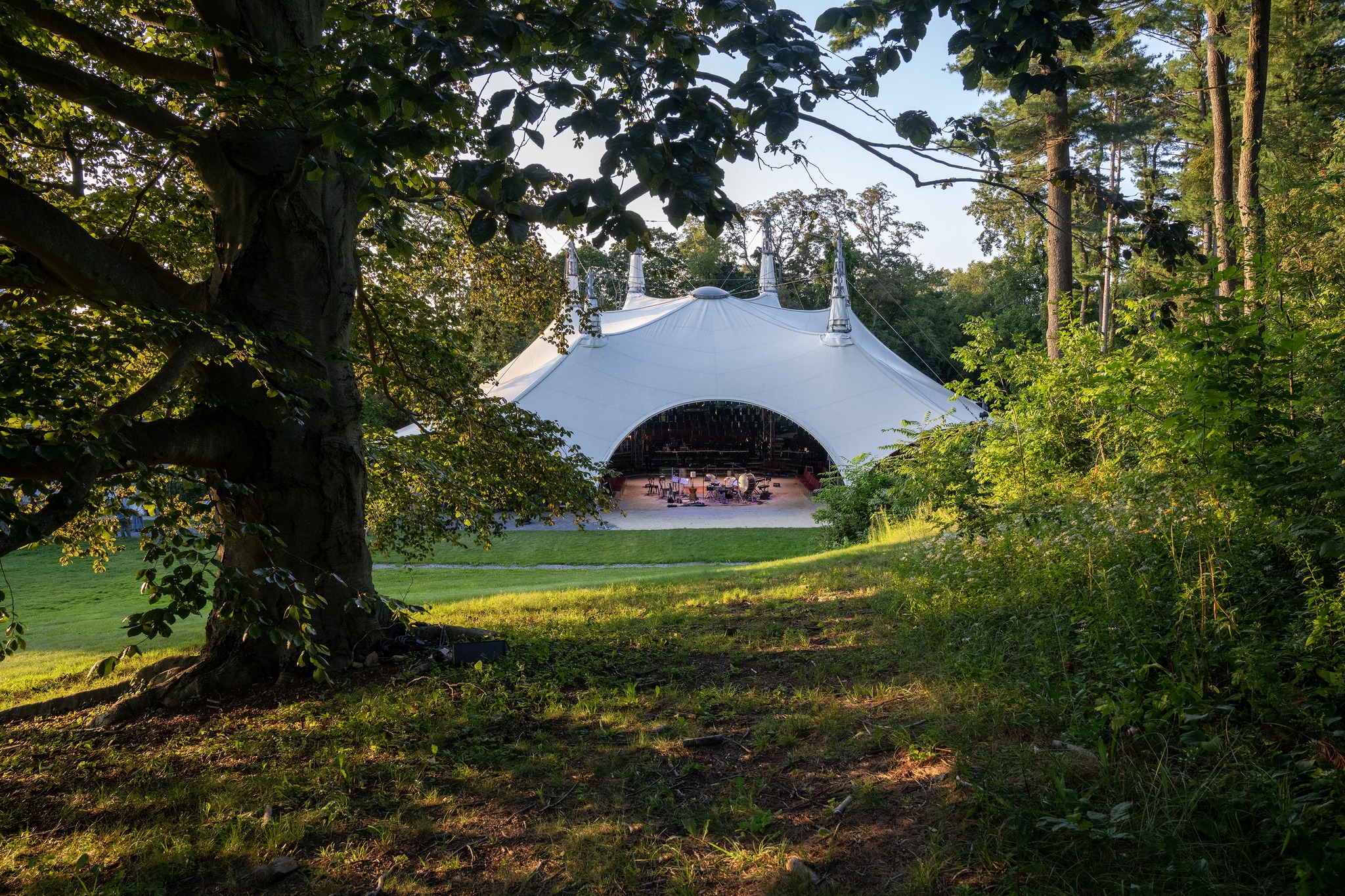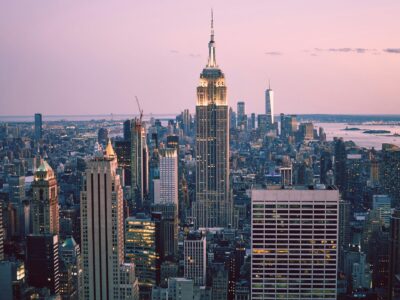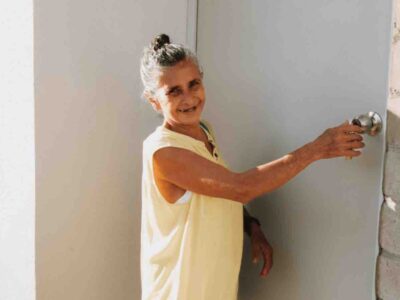In his play “Henry VI, Part II,” William Shakespeare wrote, “For, being green, there is great hope of help.” Whether the Bard’s “green” reference had anything to do with the environment is up for debate, but there’s no doubt that going green in the modern sense provides great hope for the planet. The organizers of New York’s Hudson Valley Shakespeare Festival (HVSF) have taken that philosophy to heart through sustainable initiatives designed to protect the “the gorgeous greenery we’re surrounded by.”
The HVSF is a nonprofit theater company “nestled in the sprawling hills just north of Manhattan,” as ABC News put it. As part of the organization’s effort to operate more sustainably, it has pledged to become carbon neutral by 2040. The work will include outfitting its new building with solar panels and natural convection heating, reusing stormwater, providing electric vehicle charging stations, and reusing garbage and food scraps left behind by theatergoers.
Photo Courtesy Hudson Valley Shakespeare Festival
HVSF is located on a 98-acre campus in Garrison, NY, that used to be a golf course before a local philanthropist donated it to the organization. Today, HVSF is allowing the land to rewild and “heal,” Sandra Goldmark, director for campus sustainability and climate action, told ABC News. She described the rewilding as a “beautiful mini play” about what needs to happen elsewhere in the United States.
“We’ve really abused the land in ways much like we do on golf courses,” she said. “And so it’s exciting to watch a group of artists and storytellers reclaim a very small piece of it.”
The Hudson Valley Shakespeare Festival describes itself as a “classical repertory theater” that stages its productions under the open-air tent overlooking the Hudson River.
It also tours its work throughout the Hudson Valley, transfers productions to other venues, and aims to engage its community through “radical art-making.”
In addition to providing performances, the nonprofit hosts educational programs and community initiatives. The organization says part of its vision is to serve as “both a local community hub and a national arts destination.” HVSF’s point of view has expanded beyond the arts to making sustainability a core principle.
“We want to treat this land well and serve as stewards for the landscape of the Hudson Highlands for future generations to enjoy,” HVSF says on its website.
Theaters generally have a long tradition of reusing and repurposing props, costumes, and other materials. HVSF aims to expand that tradition to include concessions, rehearsal spaces, and other parts of its operation. It has added more single-use items at concession spaces. Returnable tote bags are provided for carrying food, and customers get discounts for bringing their cups. All future food waste will be composted.
Photo Courtesy Hudson Valley Shakespeare Festival
HVSF has a sustainability task force made up of staff and board members, as well as members of the community.
It works on short- and long-term planning for sustainability at the festival, ranging from researching clean energy options to rethinking food service and reducing food miles and packaging waste. The nonprofit says future sustainability plans include:
- Work toward Leadership in Energy and Environmental Design Platinum certification would make it the first theater in the country to do so.
- Restore wetlands with riparian buffers to enhance biodiversity.
- Aim for carbon neutrality by 2040 across its entire 98-acre campus.
- Use local, sustainable materials for the construction of its new theater.
The idea of reusing materials and increasing conservation efforts makes sense for a Shakespeare theater group, considering that Shakespeare’s plays have been reused over the centuries.
Photo Courtesy Hudson Valley Shakespeare Festival
“I mean, we’ve been producing Shakespeare’s plays for hundreds of years, and every time, or hopefully every time, they feel new,” Goldmark told ABC News. “And I think that idea is really important as we think about sustainability going forward.”





